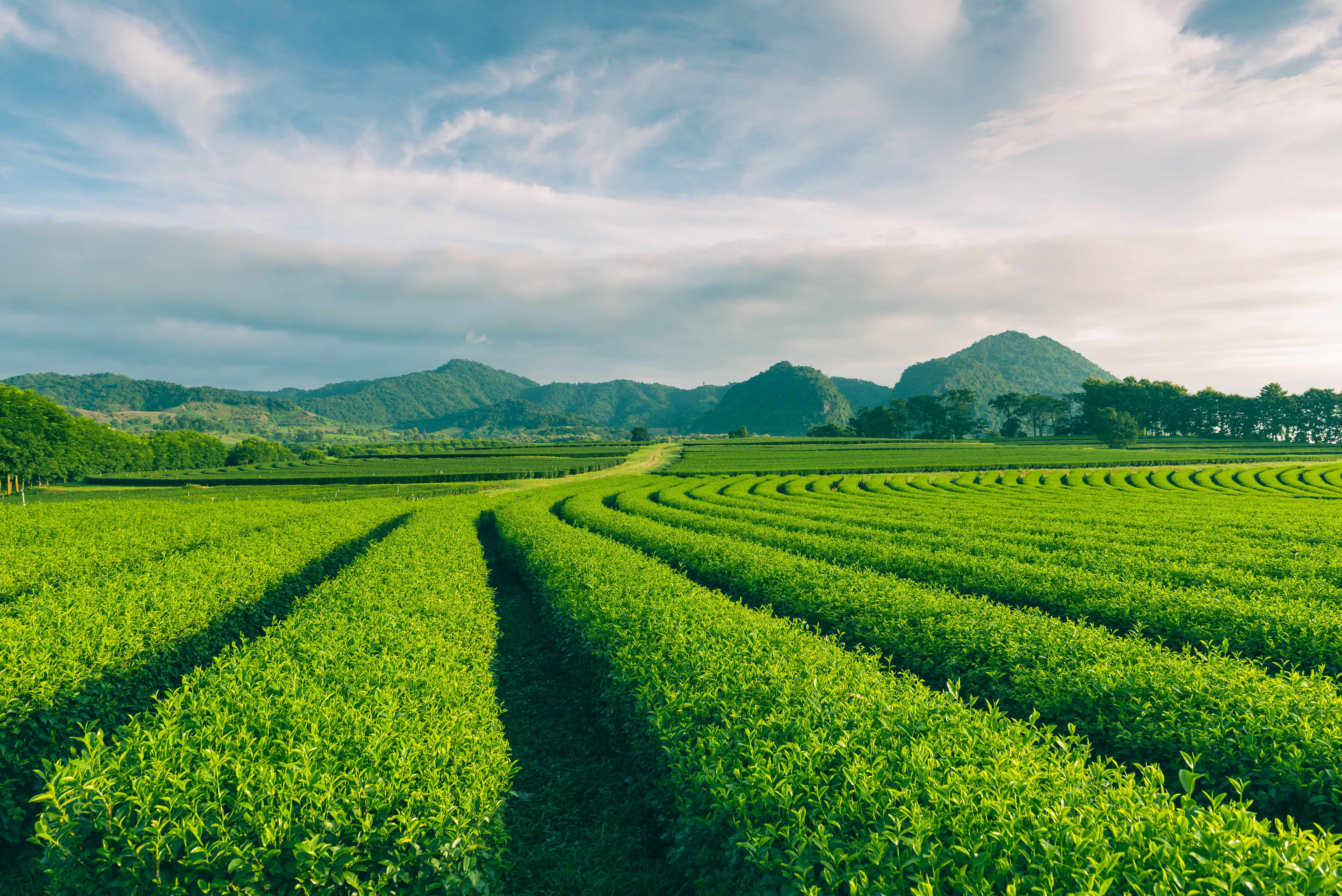Singapore is a small island nation located in Southeast Asia, with a population of approximately 5.7 million people. Despite its limited land and resources, Singapore has managed to become one of the world's leading trade and financial centres. This success can be attributed to the country's innovative and adaptable approach, which has led to the development of various industries, including animal agriculture and animal agribusiness.
Peak Recruit are an animal agribusiness recruitment agency specialising in Singapore and throughout the Asia Pacific region. In this article we’ll give an overview of Singapore’s animal agribusiness sector, including problems faced by the sector and how these issues are being addressed, whilst also considering potential recruitment opportunities.
Singapore’s animal agribusiness sector
Animal agribusiness in Singapore primarily involves the production of poultry, eggs, fish, and pork. The sector is highly mechanised and technology-driven, with many farms using advanced techniques such as vertical farming, aquaponics, and hydroponics to maximise yields and reduce costs. Singapore's poultry industry, for example, produces over 10 million chickens annually, which accounts for approximately 70% of the country's meat consumption. Similarly, the country's fish farming industry is also highly developed, with over 120 fish farms producing a variety of fish such as sea bass, grouper, and tilapia.
Despite the size of Singapore's animal agriculture industry, the country remains heavily dependent on imports to meet its food needs. According to the Agri-Food and Veterinary Authority (AVA), Singapore imported over 190,000 tonnes of meat, 3.6 billion eggs, and 107,000 tonnes of seafood in 2019. The majority of these imports come from countries such as Brazil, the United States, and Malaysia, which have established trade relationships with Singapore over the years.
However, Singapore's animal agribusiness sector is not limited to just production and consumption. The country also exports a significant amount of animal products, including live animals, meat, and eggs. In 2019, Singapore exported over 200,000 tonnes of eggs, 38,000 tonnes of meat, and 24,000 live pigs to countries such as Hong Kong, Japan, and Malaysia. These exports are primarily driven by Singapore's reputation for producing high-quality, safe, and traceable animal products that meet international standards.
The importance of technology to animal agribusiness in Singapore
Technology plays a crucial role in Singapore's animal agriculture and animal agribusiness sectors. The country's farms are highly automated and use cutting-edge technologies such as robotics, AI, and sensors to optimise production processes and increase efficiency. For example, farms use sensors to monitor temperature, humidity, and feed levels, which enables them to adjust conditions in real-time and reduce wastage. Similarly, farms use drones and AI to monitor livestock health, identify diseases, and administer medication, which helps to reduce the risk of illness and improve animal welfare.
Nevertheless, although there’s little doubt that the sector’s use of innovative tech is helping to contribute to its success, continued animal agribusiness recruitment in Singapore will be essential to ensure the sector continues to keep pace with its international competitors.
Animal agribusiness recruitment in Singapore – what are the challenges?
Despite the successes of Singapore's animal agriculture and animal agribusiness sectors, they face several challenges. One of the main challenges is the scarcity of land, which limits the potential for expansion and growth. This has resulted in the development of innovative solutions such as vertical farming and aquaponics, which enable farms to increase production without using large amounts of land.
Another challenge faced by the industry is the shortage of skilled labour. Many of Singapore's farms are highly mechanized and require skilled workers to operate and maintain the equipment. However, there is a shortage of workers with the necessary skills and knowledge, which has led to a reliance on foreign labour. The government has taken steps to address this issue by providing training and education programs for local workers and promoting the development of new technologies that require less labour. As such, for specialists in animal agribusiness recruitment in Singapore such as Peak Recruit, it’s evident that the ongoing recruitment of talented individuals will be required.
Sustainability in animal agriculture
Sustainability is a critical concern in Singapore's animal agriculture industry. The industry faces significant challenges related to climate change, resource depletion, and waste management, which threaten its long-term viability. As a result, there is a growing focus on developing sustainable practices that reduce the industry's environmental impact and ensure its continued success.
One of the key areas of focus for sustainability in the animal agriculture industry is resource efficiency. Singapore is a resource-scarce country, and the industry must use resources efficiently to reduce waste and ensure long-term viability. To achieve this, farms are adopting innovative practices such as vertical farming and aquaponics, which use minimal amounts of water and land. These practices enable farms to increase production while reducing their environmental footprint.
Another area of focus for sustainability in the animal agriculture industry is waste management. Farms generate a significant amount of waste, including animal waste, feed waste, and packaging waste. To manage this waste, farms are implementing sustainable practices such as composting, recycling, and waste reduction. These practices help to reduce the industry's environmental impact and create a more circular economy.
Finally, sustainability in the animal agriculture industry also includes animal welfare. The industry is highly regulated in Singapore, with strict laws and regulations governing the treatment and handling of animals. Farms are required to meet high animal welfare standards and practices, which help to ensure the health and well-being of animals in the industry.
Overall, sustainability is a critical concern for Singapore's animal agriculture industry. The industry faces significant challenges related to climate change, resource depletion, and waste management, which threaten its long-term viability. However, by adopting innovative practices and focusing on resource efficiency, waste management, animal welfare, and a continued drive for increased recruitment in animal agribusiness, the industry can reduce its environmental impact and ensure its continued success.

